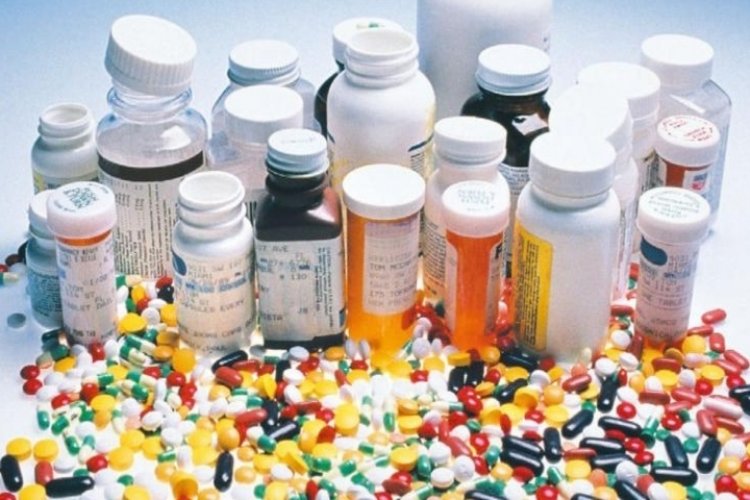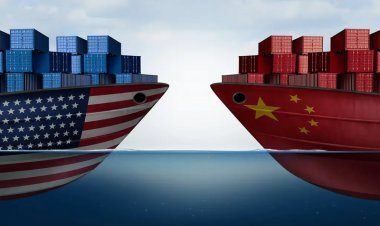Tariff treatment for EU pharma sector

Potential US tariffs on pharmaceuticals could set off a ripple effect that extends far beyond the immediate price hikes, as both the US and Europe heavily rely on each other.
The world's holding its breath as President Donald Trump prepares his next round of market-moving decisions, after he signalled plans to impose 25% tariffs on cars and other key sectors as early as 2 April.
Speaking from the Oval Office on Wednesday night, Trump confirmed that pharmaceuticals are among industries in his sights, making explicit his goal of bringing drug manufacturing back to the United States.
“We’re going to be doing tariffs on pharmaceuticals to bring our pharmaceuticals back,” he said.
While Trump’s tariffs are designed to support domestic industries, create jobs, and reduce reliance on foreign supply chains, their impact on the pharmaceutical sector could be far more complex.
Instead of benefiting US production, tariffs could drive up drug prices and create unintended consequences for both American and European pharmaceutical companies.
For the EU, the effects could be just as severe, with supply chain disruptions and possible retaliatory measures against US pharma firms operating in Europe.
One thing is certain: a trade war in the pharmaceutical sector would be costly for both sides.


























